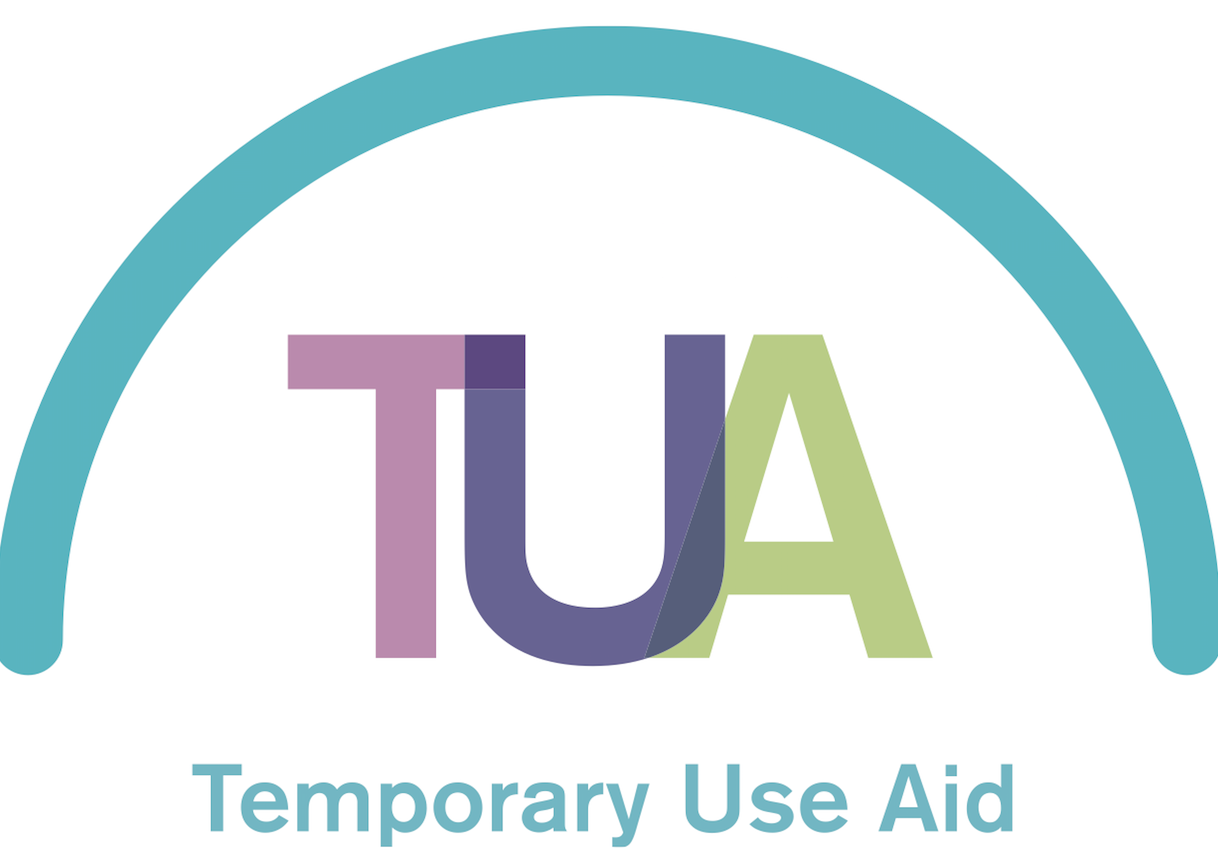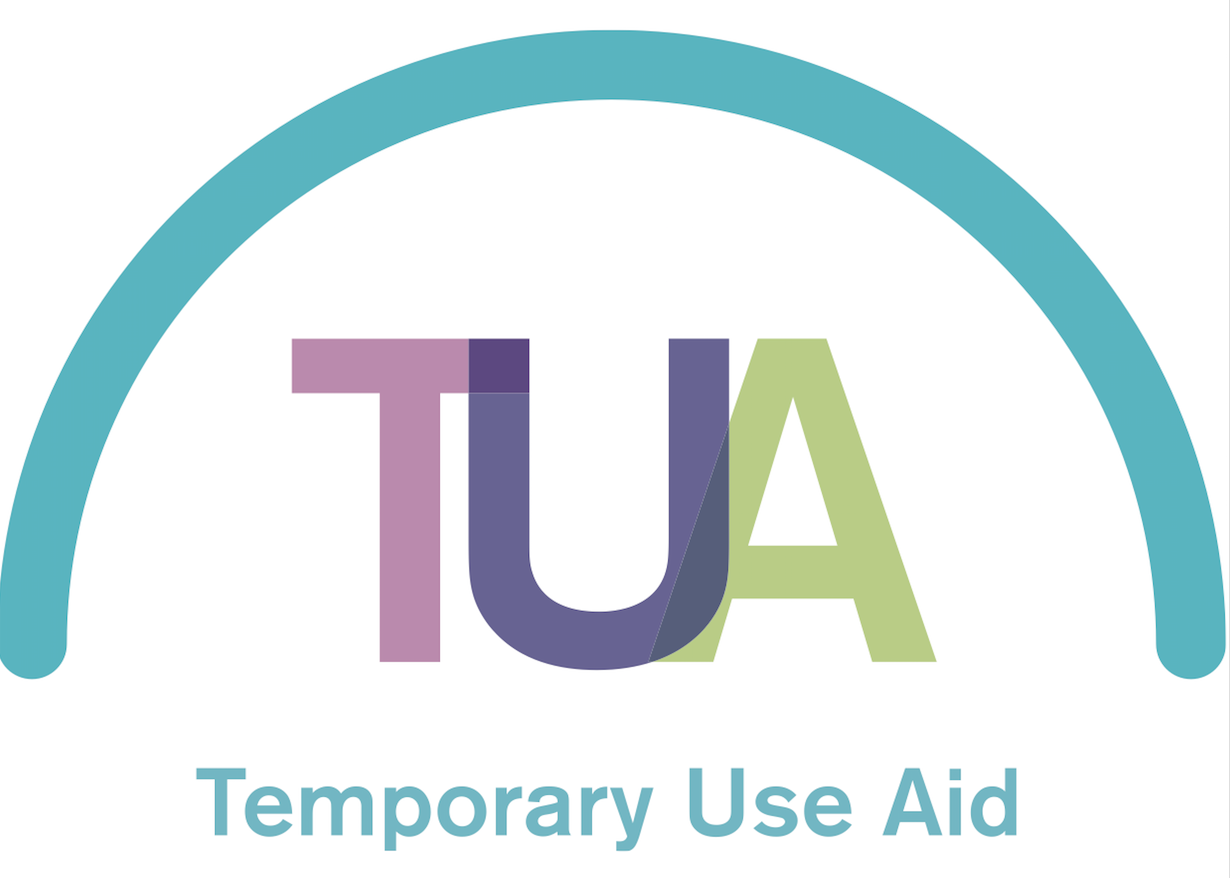The Realities of Charity Work: Debunking Myths and Stereotypes
Charity work is an essential aspect of society that provides much-needed aid to those in need. However, it is often plagued by myths and stereotypes that can obscure the real work of charities, discourage support, and harm their reputation. These misconceptions range from the effectiveness of charitable giving to the motivations of those who work in the non-profit sector. In this post, we will explore some of the most common myths and stereotypes surrounding charity work and provide a more accurate picture of the realities of this critical sector.
Myth #1: All charities are the same, and they have the same goals.
One of the most common misconceptions about charity work is that all charities are the same, and they have the same goals. However, this couldn’t be further from the truth. Charities can have different missions, approaches, and strategies for achieving their goals. Some charities focus on providing food, shelter, and clothing to people in need, while others work to promote education, health, and environmental causes. Some charities specialise in supporting specific groups of people, such as veterans, children, or those experiencing homelessness. Understanding the goals and strategies of a charity is essential before donating to ensure that your contributions align with their mission.
Myth #2: Charities waste donations on administrative expenses.
Another prevalent myth about charity work is that charities waste donations on administrative expenses. While it’s true that some charities have high administrative expenses, these expenses are necessary to ensure the smooth operation of the organisation. For instance, administrative expenses cover things like rent, salaries, and office supplies, all of which are necessary for the charity to function. In fact, charities that operate efficiently and effectively require a significant amount of administrative support to carry out their mission. Before donating to a charity, it’s essential to do some research to ensure that they allocate their resources effectively.
Myth #3: Charity work is only for people who have nothing better to do.
Charity work is often perceived as something that only people who have nothing better to do engage in. This stereotype is not only inaccurate but also harmful. Many people who work for charities are highly skilled and dedicated individuals who are passionate about making a difference in their communities. Charities require a wide range of skills and expertise to function, from fundraising and marketing to program development and operations management. Additionally, charity work offers numerous opportunities for personal and professional growth, making it an attractive option for people looking to develop new skills or gain valuable experience.
Myth #4: Charities only help people in developing countries.
Another misconception about charity work is that charities only help people in developing countries. While it’s true that many charities work in developing countries, there are also many charities that focus on helping people in developed countries.
For instance, charities may provide support to people experiencing homelessness, domestic violence, or mental health issues. Additionally, charities often work to support the arts, culture, and other areas that enrich communities’ quality of life. It’s important to understand that charities work to help people in need, regardless of where they live.
Myth #5: Charities only need money.
The idea that charities only need money is a myth. While donations are essential to the work of charities, they also require other forms of support, such as volunteers and in-kind donations. Volunteers play a critical role in many charities, providing their time, skills, and expertise to support the organisation’s goals. Volunteering can provide valuable experience and offer a sense of purpose to those looking to give back to their communities. Additionally, charities often rely on in-kind donations of goods and services, such as food, clothing, and professional services. These donations can help reduce operating costs and allow charities to allocate resources more effectively.
Myth #6: “All charities are scams.
This is a common misconception that can make people hesitant to donate to charities. While there are unfortunately some fraudulent charities out there, the majority of charities are legitimate and doing important work to support their cause. It is important to research charities before donating to ensure that your money is going to a reputable organization.
Myth #7: Charities only help the poor.
While many charities do focus on supporting under-served communities, this does not mean that they only help the poor. Charities may also focus on other causes such as environmental conservation, animal welfare, and medical research.
Myth #8: Charities are only effective in the short term.
Some people believe that charities only provide temporary solutions to complex problems and are not effective in the long term. However, many charities work to create sustainable solutions that address the root causes of the problem and have a lasting impact on individuals and communities.
In conclusion, charity work is a vital part of our society that provides critical support to people in need. However, the myths and stereotypes surrounding this sector can obscure the realities of the work that charities do, discouraging support and harming their reputation. By debunking these misconceptions, we can gain a more accurate understanding of the importance of charity work and the role it plays in our communities. It’s crucial to remember that charities are diverse and require a wide range of support to function effectively. Whether through monetary donations, volunteering, or in-kind donations, everyone can play a role in supporting charities and helping those in need.


No responses yet